11 reasons you need to register for self-assessment before 5 October
From claiming pension tax relief to making more than £3,000 in capital gains, there are lots of reasons why you may need to register for self-assessment. But you’ll need to act fast to meet the 5 October deadline


Get the latest financial news, insights and expert analysis from our award-winning MoneyWeek team, to help you understand what really matters when it comes to your finances.
You are now subscribed
Your newsletter sign-up was successful
Want to add more newsletters?

Twice daily
MoneyWeek
Get the latest financial news, insights and expert analysis from our award-winning MoneyWeek team, to help you understand what really matters when it comes to your finances.

Four times a week
Look After My Bills
Sign up to our free money-saving newsletter, filled with the latest news and expert advice to help you find the best tips and deals for managing your bills. Start saving today!
Most people associate self-assessment tax returns with the self-employed, and think the deadline is in January.
But there are lots of other reasons why you may need to submit a tax return to HMRC - and there’s a deadline in October too.
Anyone who needs to register for self-assessment for the 2024-25 tax year must do so by 5 October 2025. The deadline to then file a tax return online and pay any tax owed is 31 January 2026. Taxpayers who make payments on account make a second payment by 31 July every year.
MoneyWeek
Subscribe to MoneyWeek today and get your first six magazine issues absolutely FREE

Sign up to Money Morning
Don't miss the latest investment and personal finances news, market analysis, plus money-saving tips with our free twice-daily newsletter
Don't miss the latest investment and personal finances news, market analysis, plus money-saving tips with our free twice-daily newsletter
About 12 million people file a tax return each year, and 97% of customers do so online. There is an earlier deadline of 31 October for those submitting a paper tax return.
“Self-assessment angst usually strikes in January, but there are some people who need to get their skates on well before that, because they need to register for self-assessment before the deadline on 5 October. Those who have started a business or partnership are likely to be well aware of this, but there are other groups of people who may have no idea they need to sign up for the first time,” comments Sarah Coles, head of personal finance at Hargreaves Lansdown.
As HMRC puts it: “New self-assessment customers could be someone who has set up a side hustle to earn money in addition to their PAYE job or disposed of crypto assets; they may be newly self-employed or a new landlord renting out property. Whatever the circumstances, if a customer has any income that they have not already paid UK tax on, they need to register for self-assessment.”
HMRC recently put out a warning urging “side hustlers” to register for self-assessment. "Whether you are selling handmade crafts online, creating digital content or renting out property, understanding your tax obligations is essential. If you earn more than £1,000 from these activities, you may need to complete a self-assessment tax return,” explains Myrtle Lloyd, HMRC's director general for customer services.
Even if you don't owe any tax, you may still need to file a return to claim a tax refund, claim tax relief on business expenses, charitable donations, pension contributions, or to pay voluntary Class 2 National Insurance contributions to protect your entitlement to certain benefits and the state pension.
Here are 11 reasons for registering, from the well-known, such as becoming self-employed or a buy-to-let landlord, to more surprising, lesser-known, reasons.
Note that the list isn’t exhaustive, there are plenty more reasons for filing a self-assessment return, due to our complex tax regime! You can use HMRC’s online checking tool to assess whether you need to complete a tax return.
1. You work for yourself or you’re in a business partnership
As you don’t pay income tax through PAYE, you need to tell HMRC how much you earned and then pay any tax via self-assessment. You will likely have to make two payments each year, one by 31 January and the other by 31 July.
2. You’re a buy-to-let landlord
If you’re earning money through renting out a property, or several properties, you need to tell HMRC so you can pay the correct amount of tax on this income.
3. You’re a higher-rate taxpayer who pays into a pension
If you pay into a personal pension like a Sipp, or your employer runs a scheme on a “relief at source” basis, you’ll get basic-rate tax relief and need to claim the rest from HMRC. Higher-rate taxpayers can claim an extra 20% while additional-rate payers can get a further 25%.
If your employer makes contributions before tax (known as “net pay”), you’ll receive the full pension tax relief automatically and you don’t need to tell HMRC. The same is true if you have a salary sacrifice arrangement. If you’re not sure how your workplace pension works, check with your HR team or your pension provider.
If you have extra relief to claim, you can either complete a tax return, or if you’re employed you can write to HMRC and receive a one-off payment. Coles notes: “However, if you opt for a letter you’ll need a new one every time your salary or contributions change significantly, which might actually end up taking more effort.”
4. You’re a higher-rate taxpayer who gives to charity
You automatically get 20% gift aid when you donate to charity, but you can claim back the rest of the tax relief through a self-assessment claim.
However, if this is your only reason for completing a tax return, there are alternatives. You can fill in a separate form to make the claim, or contact HMRC and ask them to amend your tax code instead.
5. You receive child benefit and you or your partner have an income above £60,000
This means you’re subject to the high income child benefit tax charge. For the 2023-24 tax year, this kicks in at £60,000 annual earnings, and means you have to repay 1% of the benefit for every £200 you earn over the threshold.
The £50,000 threshold for child benefit rose to £60,000 in April last year, and the top of the taper rose from £60,000 to £80,000. So, some good news for parents for the 2024-25 tax return.
There’s more good news if you pay income tax through PAYE. In future, parents will be able to pay the child benefit tax charge through their payslip, rather than doing it via self-assessment. There are more details about HMRC’s new service on gov.uk.
Bear in mind that once you earn above £80,000, you’ll need to repay all your child benefit, so most parents find it easier to claim it but tell HMRC not to make any payments – which saves the bother of repayment but means you still get National Insurance credits, which count towards your state pension.
6. You make more than £3,000 in capital gains
Capital gains are the profits you make when you sell something that’s increased in value. It also applies if you give something away to anyone other than a spouse or civil partner during your lifetime, so even if you’re not personally making the profit, the tax is due.
The capital gains tax threshold for 2024-25 was £3,000. If you made more capital gains than this, you need to complete a tax return and pay capital gains tax.
7. You make a capital loss
This information also goes on your tax return. If you make a loss you can set it against other gains in the same tax year, or carry it forward to offset losses in a future tax year.
Note that if you’ve never made a capital gain and you don’t otherwise need to do a tax return, you can write to HMRC instead.
8. You make £10,000 in interest and/or dividends
If you make money over your personal savings allowance (£1,000 for basic-rate taxpayers, £500 for higher-rate taxpayers and £0 for additional-rate taxpayers) or dividend allowance (£500 in 2024/25), you will usually have to pay tax, but if you’re employed you can ask HMRC to adjust your tax code to take the money.
If you have interest over your allowance, you’re not employed, don’t get a pension and don’t complete a tax return, HMRC will contact you at the end of the tax year with a tax demand, if applicable.
However, if you need to pay tax on over £10,000 in dividends, or your savings interest is £10,000 or more, you’ll need to fill in a self-assessment tax return.
9. You invest in an EIS or VCT
Some investments like enterprise investment schemes and venture capital trusts come with tax benefits that you can claim via self-assessment. However, if this is your only reason for filing a tax return, you can arrange for the tax to be repaid through an amendment to your tax code.
10. You have a side hustle and make more than £1,000 a year
Everyone has a £1,000 trading allowance, which can cover things like selling items through eBay or Vinted, or being paid to babysit or walk dogs. Any more than this and you normally need to do a tax return.
11. You rent out a spare room, and make more than the rent-a-room limit
You can make up to £7,500 a year tax-free by renting out a furnished room in your home, including through Airbnb. Any more than this, and you need to register for self-assessment.
TWO MORE SELF-ASSESSMENT TIPS
If you think you no longer need to complete a tax return for 2024-2025, you need to tell HMRC before the deadline on 31 January 2026 to avoid any penalties or needing to complete a tax return. HMRC has produced two videos explaining how customers can go online and stop self-assessment if they are self-employed and those who are not self-employed.
Customers should be aware of the risk of falling victim to scams. Never share your HMRC log-in details with anyone, including a tax agent, if you have one. There is more scams advice on this HMRC page.
Get the latest financial news, insights and expert analysis from our award-winning MoneyWeek team, to help you understand what really matters when it comes to your finances.

Ruth is an award-winning financial journalist with more than 15 years' experience of working on national newspapers, websites and specialist magazines.
She is passionate about helping people feel more confident about their finances. She was previously editor of Times Money Mentor, and prior to that was deputy Money editor at The Sunday Times.
A multi-award winning journalist, Ruth started her career on a pensions magazine at the FT Group, and has also worked at Money Observer and Money Advice Service.
Outside of work, she is a mum to two young children, while also serving as a magistrate and an NHS volunteer.
-
 Can mining stocks deliver golden gains?
Can mining stocks deliver golden gains?With gold and silver prices having outperformed the stock markets last year, mining stocks can be an effective, if volatile, means of gaining exposure
-
 8 ways the ‘sandwich generation’ can protect wealth
8 ways the ‘sandwich generation’ can protect wealthPeople squeezed between caring for ageing parents and adult children or younger grandchildren – known as the ‘sandwich generation’ – are at risk of neglecting their own financial planning. Here’s how to protect yourself and your loved ones’ wealth.
-
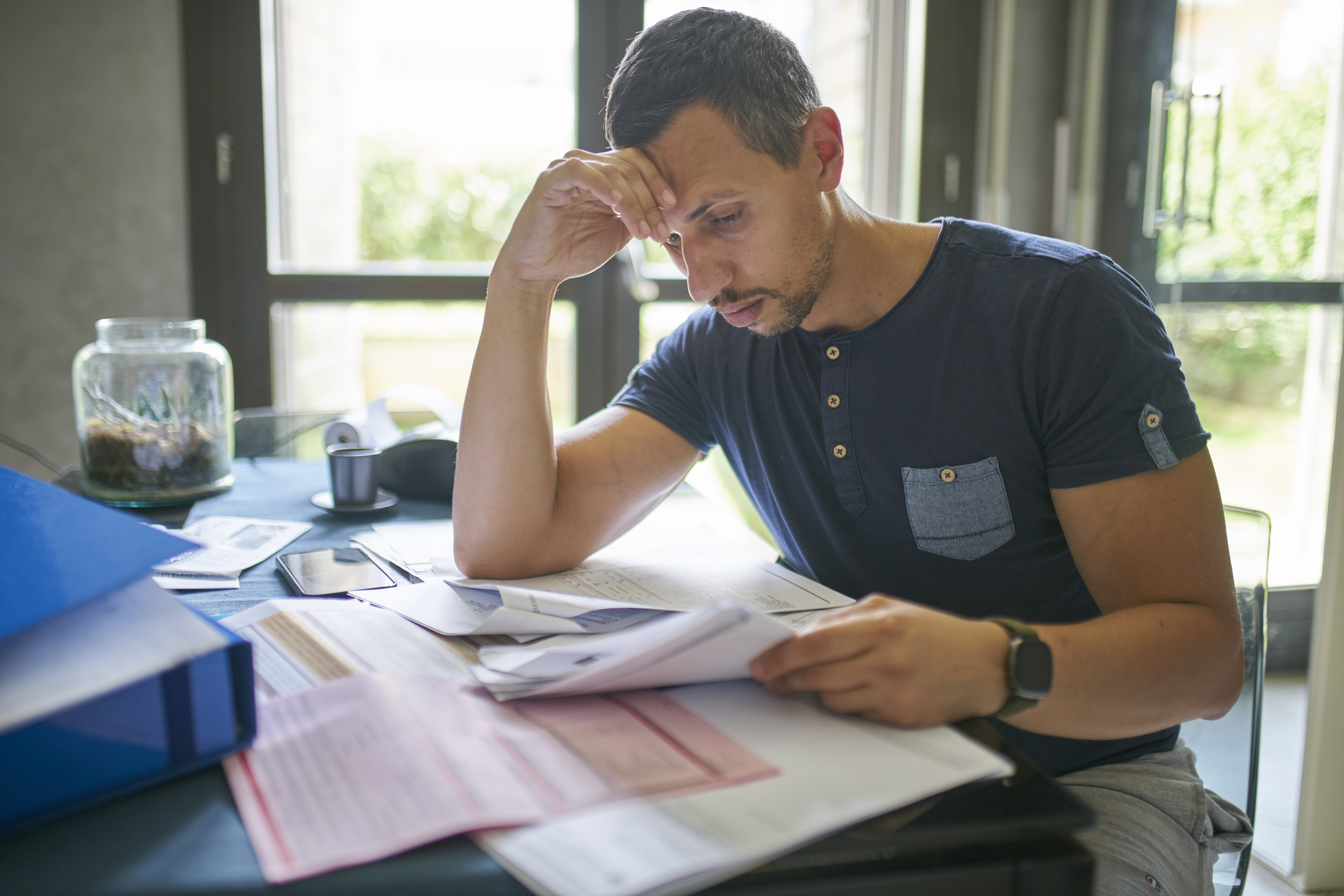 Two million taxpayers to be hit by £100k tax trap by 2026/27
Two million taxpayers to be hit by £100k tax trap by 2026/27Frozen thresholds mean more people than ever are set to pay an effective income tax rate of 60% as their earnings increase beyond £100,000. We look at why, as well as how you can avoid being caught in the trap.
-
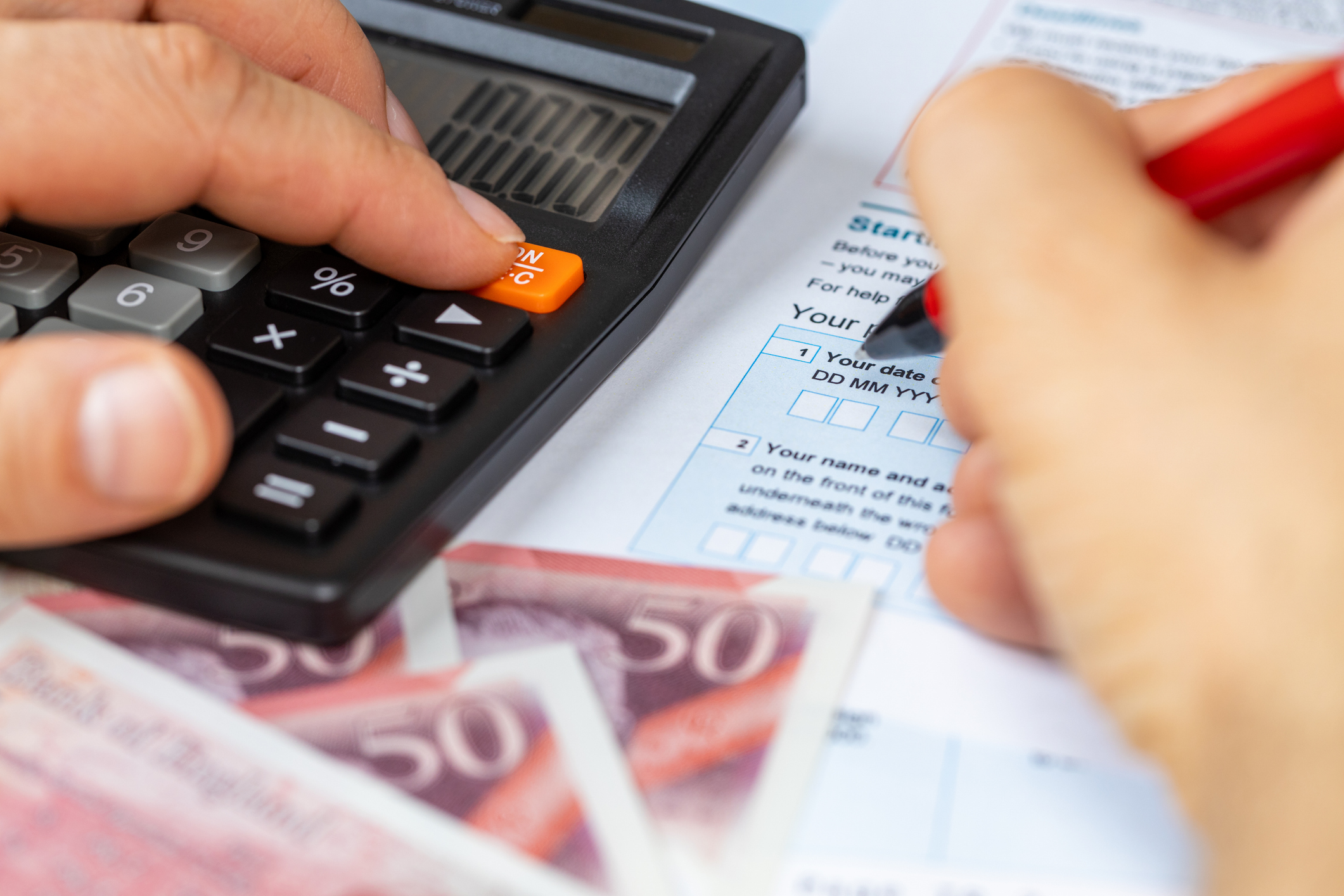 13 tax changes in 2026 – which taxes are going up?
13 tax changes in 2026 – which taxes are going up?As 2026 gets underway, we look at what lies ahead in terms of changes to tax rates and allowances this year and how it will affect you.
-
 How to limit how much of your Christmas bonus goes to the taxman
How to limit how much of your Christmas bonus goes to the taxmanIt's Christmas bonus season but the boosted pay packet may mean much of your hard-earned reward ends up with HMRC instead of in your pocket
-
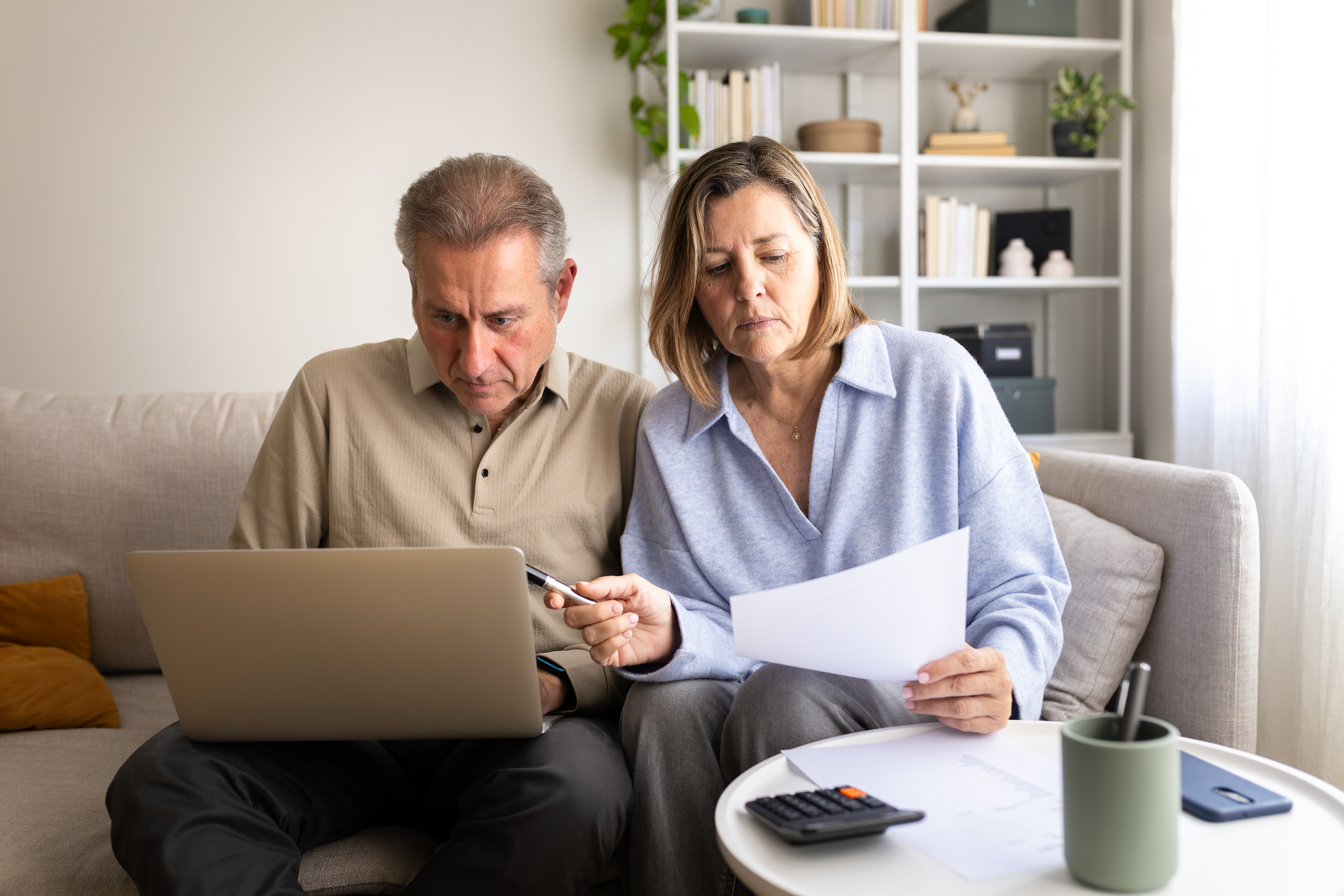 Over 1 million pay 45% rate of income tax as fiscal drag bites
Over 1 million pay 45% rate of income tax as fiscal drag bitesHundreds of thousands more people are being pushed into the additional rate tax band by fiscal drag
-
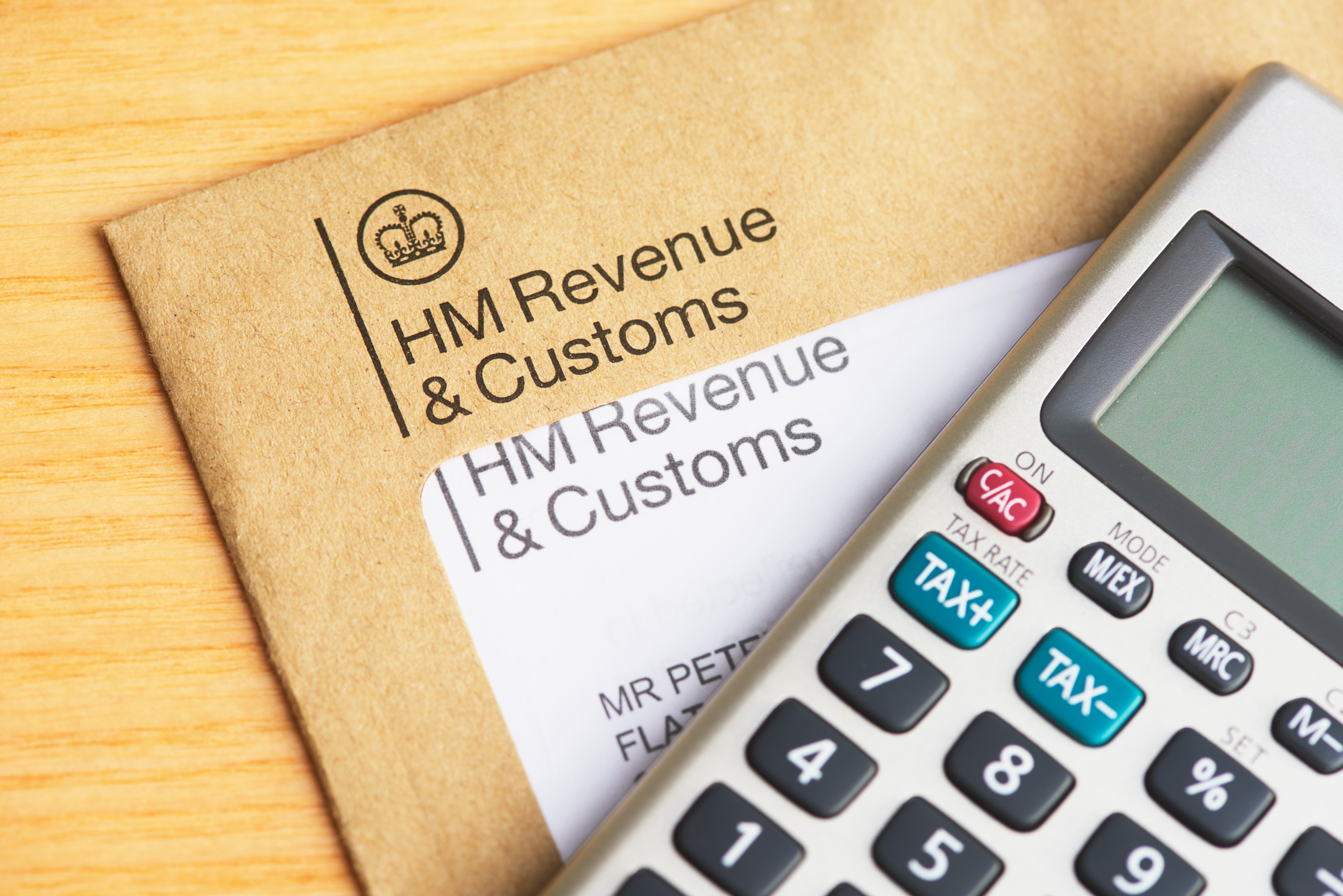 'I've used my annual ISA allowance. How can I shield my savings from tax?'
'I've used my annual ISA allowance. How can I shield my savings from tax?'As millions face paying tax on savings interest, we explore how to protect your money from the taxman. If you've used up your ISA allowance, we look at the other tax-efficient options.
-
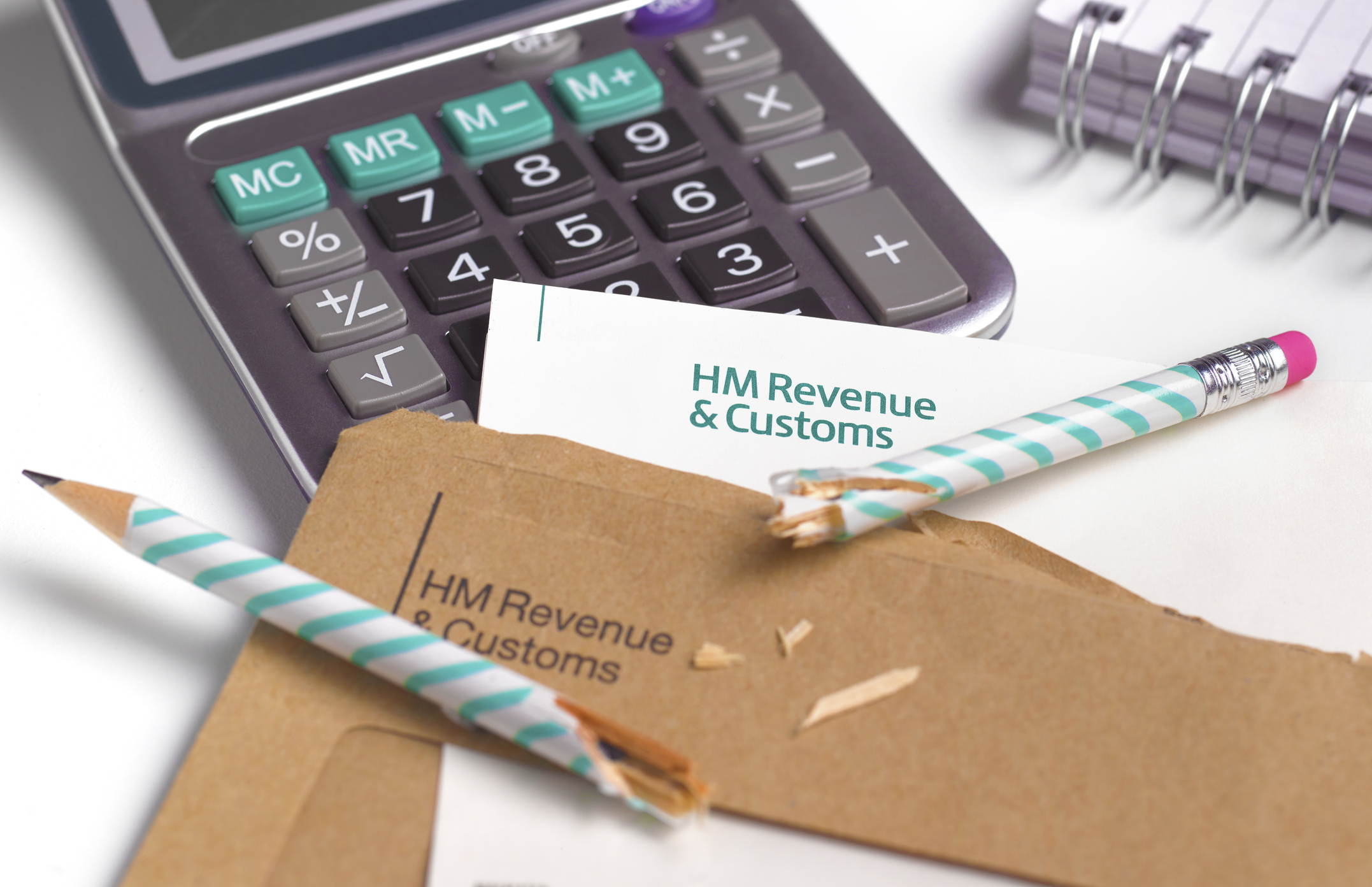 Simple assessment explained as millions brace for unexpected tax bills
Simple assessment explained as millions brace for unexpected tax billsIncreasing numbers of people could get letters from HMRC saying they owe more tax due to frozen thresholds, under a system known as simple assessment. Here is what it means for you.
-
 What are wealth taxes and would they work in Britain?
What are wealth taxes and would they work in Britain?The Treasury is short of cash and mulling over how it can get its hands on more money to plug the gap. Could wealth taxes do the trick?
-
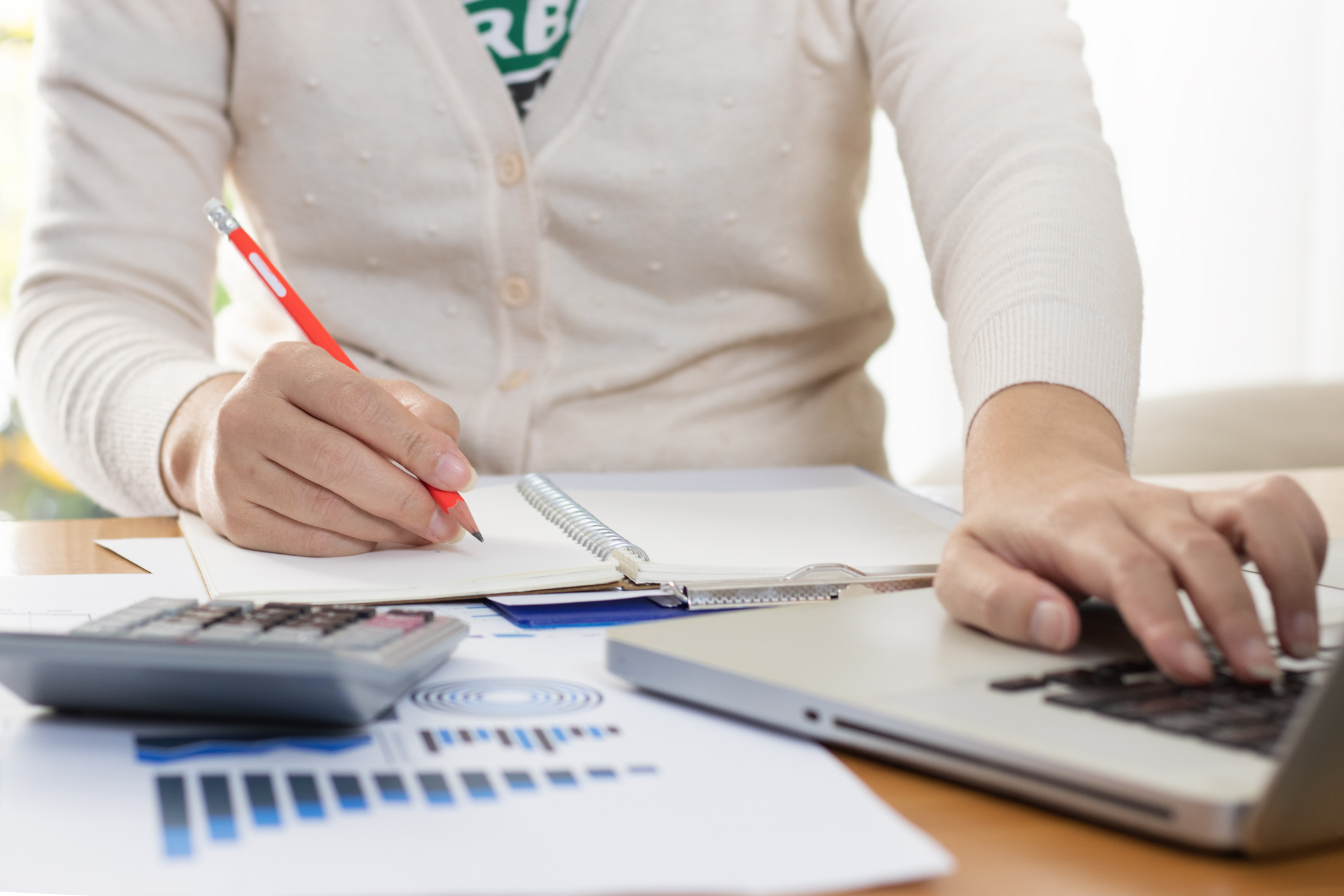 When is the self-assessment tax return deadline?
When is the self-assessment tax return deadline?If you are self-employed, rent out a property or earn income from savings or investments, you may need to complete a self-assessment tax return. We run through the deadlines you need to know about